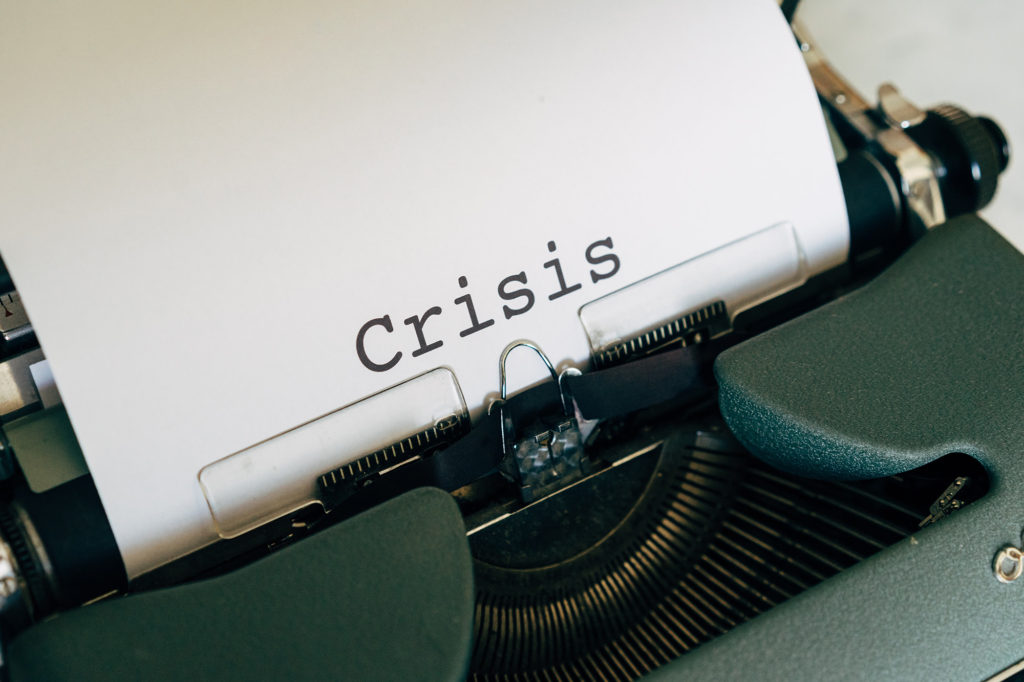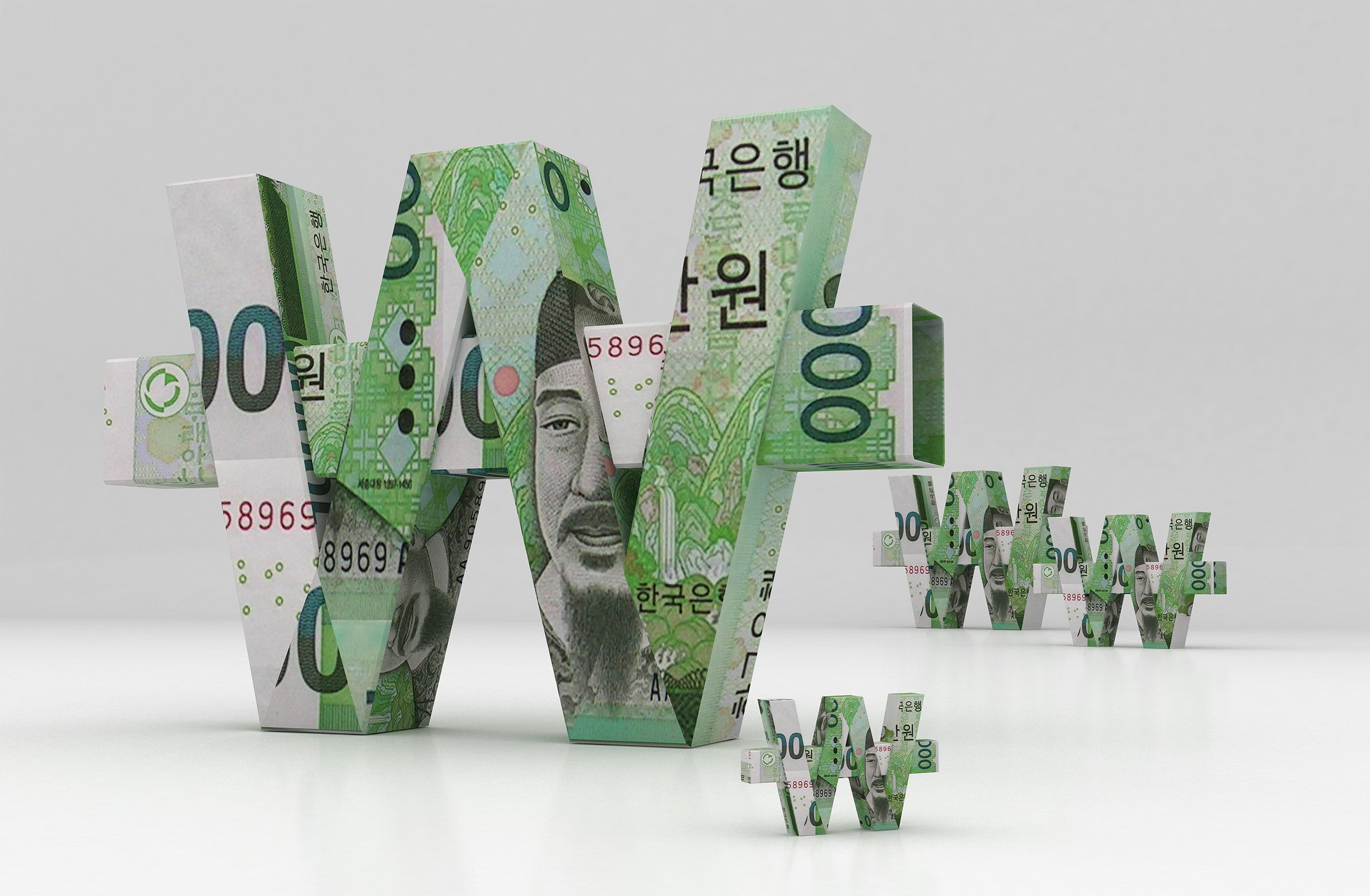Don’t Waste a Crisis
Written by Arlo Matisz.
The COVID-19 pandemic is one of the most significant events in modern economic history. It is so significant that I feel I should use capital letters to describe it, as I would for other major events such as the Great Recession, the Asian Financial Crisis (or “IMF Crisis” as it’s referred to in South Korea), or the Great Depression. Though still ongoing, the pandemic’s impact has already been so large that the effects will be felt for years to come. This is the nature of economic events: They evolve over time. By taking a closer look at what is happening here in South Korea, by examining households, small businesses, larger firms, and the government, one can see the interconnectedness of the economy, why the effects are so large, and what good can come from how the crisis is managed.
Let’s start with an average Korean household. Of course, it’s hard to imagine an average, so I’ll flesh it out a bit: Mr. and Mrs. Kim, with their two children. Mr. Kim works at a large car factory that produces goods for the domestic and international markets. Mrs. Kim owns and operates a small hair salon. Their children, ten and four, attend school and preschool. How is their household affected by the pandemic? Mr. Kim’s job is in trouble. The pandemic has disrupted global transportation networks that move goods from country to country. It has also reduced incomes across the globe. Demand has dropped in the international market, and not just for cars! Demand is decreasing for washing machines, refrigerators, and all sorts of consumer goods, as people delay big purchases as their incomes decrease. Of course, a lot of these goods are manufactured in South Korea, which means not only the car factory is in trouble. All sorts of export-driven businesses across the country have less global demand for their products. As they reduce worker hours, engage in partial shutdowns, and even lay workers off, domestic incomes fall as well. If domestic incomes decrease, domestic demand for all these goods decreases as well, hurting the businesses even more. They are selling less in every market.

What about Mrs. Kim? She probably doesn’t export goods, not unless a foreign tourist comes for a haircut, but of course there are no tourists now. Falling domestic incomes mean that households cut back on their spending, and that means consumption changes like getting haircuts less often and buying fewer luxuries like hair coloring and perms. In addition, Mrs. Kim may have to close her shop now and then if the government mandates it. Even if the government never orders her to close shop, demand has also decreased for haircuts because of a change in consumer tastes. People are less interested in being around other people in a salon, for fear of contracting COVID-19. Mrs. Kim’s job is also in trouble.
What about the kids? If the kids have to stay home, that means someone has to take care of them. Maybe Mr. Kim has fewer shifts and can watch the kids half the week, and the other half Mrs. Kim is at home since she’s giving fewer haircuts. Hopefully, they can manage this without any further loss of income, but not everyone is so lucky. Giving up work to look after kids would mean still lower income.
What about their consumption patterns? Both adults have decreased income, as well as uncertainty about when their incomes will return to normal. This means reducing spending on big consumer goods as mentioned above. It also means buying lower quality goods, called “inferior goods.” For example, when consumer incomes decrease, they buy less fresh food and more ramyeon noodles. In addition, they have to buy masks and hand sanitizer, new additions to their shopping lists. They might be spending more on fuel for their cars as they avoid public transit out of fear of the virus. In short, lower incomes and increased spending on goods made necessary by the pandemic are decreasing the quality of life in the household.
Notice how the Kims’ decrease in income will have rippling effects in their local economy. They’re spending less on goods and services, and that means lower income for other families. When incomes decrease, the effect is larger than the initial decrease in income. This is because the money you spend on goods and services is used to buy other goods and services by the sellers you purchase from. Spending moves through the local economy in a positive feedback loop, and therefore, decreases in spending are experienced in a positive feedback loop as well. There is less money in most households right now. Also, since this is happening in most other markets for Korea’s products, global demand is drying up for so many of Korea’s exports. Almost everyone has less to spend.
Local businesses are in big trouble. Much like Mrs. Kim’s salon, many businesses are facing reduced demand and possible closure orders. In a way, businesses forced to close are lucky because the government will be responsible for helping the owners and employees. Struggling businesses that are permitted to stay open but see few customers have to face the decision in the short run to shut down, or in the long run to permanently close. Most landlords are still asking for the same rent, which means that customers or not, businesses have to come up with that money each month. Small businesses may have a harder time moving to an online retail model or offering delivery services, both more important in this crisis.

Most large firms aren’t doing great either. As mentioned earlier, global demand is drying up. Exports are down. Some firms have versatile production processes and can switch to producing products that are in demand now. For example, several Korean soju manufacturers pivoted to producing hand sanitizer in response to the new market conditions. However, most producers don’t have such opportunities. Firms are also hesitant to expand at this time, leading to decreases in investment in new factories and other physical capital. Again, decreases in spending will spread outwards, dragging the economy further into recession.
Of course, there are some firms that are doing alright. Manufacturers of health products in higher demand, from personal products like masks and hand sanitizer to medical equipment like respirators and treatment beds, are doing fine. South Korea’s testing kits are being exported all over the world, and their manufacturer is expanding production. Pharmaceutical companies are pouring money into research in hopes of cashing in on a vaccine. Firms that manufacture inferior goods are also seeing higher sales, as consumers have higher demand for these goods when their incomes decrease. Delivery companies and online shopping businesses are going through a boom in sales. However, these firms are outnumbered by those that are facing decreased sales and uncertain futures.
Where is the government in all of this? Government spending is an enormous part of the economy, and in times like this, that spending is more important than ever. Fiscal stimulus becomes enormously important as money slows its circulation in the economy. Like a doctor giving blood to a patient in need of a transfusion, the government can launch projects to inject cash into the ailing economy. Of course, the money has to come from somewhere. Normally, governments finance their spending through tax revenue. Unfortunately, during an economic crisis, falling personal incomes and business revenues mean that tax revenues fall as well. This is part of why restrictions that force a government to run a balanced budget are fundamentally flawed. If the government reduced spending as tax revenues fell, that would deepen the economic crisis as the decrease rippled out through firms and households.
Fortunately, there is no such restriction on Korea’s government. The taps are wide open, and all sorts of government programs are being implemented. Some are simply transfers, such as the support money that so many of us have received from the city and country. Other programs include the “New Deal,” which by no accident takes its name from Franklin Delano Roosevelt’s famous program designed to lift the United States from the Great Depression in the 1930s. Creating government jobs during a time of high unemployment and creating massive public works projects during a time of stalled private investment are both ways to inject money into the economy in a way that produces something of value. What should be produced?
While working on forming the United Nations, Winston Churchill famously said, “Never let a good crisis go to waste.” While the crisis he was referring to was World War II, this expression perfectly captures a popular sentiment regarding economic policy. An economic crisis presents an opportunity to institute policies that would normally be difficult to implement. The pivot towards environmentally friendly energy production in Korea’s aptly named Green New Deal is using the crisis as an opportunity to phase out the country’s heaviest polluting energy sources. At the same time, incentives for certain types of research and development can alter the directions of corporate innovation. Meanwhile, transfers can be used to bolster the socially vulnerable and ease income inequality. Universal basic income has even been discussed at the policy level. These massive infrastructure projects are designed to mop up unemployment and idle capital, while expanding welfare programs can address some of the deeper structural inequality that troubles this nation.

South Korea is a country that was forged by response to crisis. Its rich history of overcoming adversity and adapting to new conditions prepared it to weather the pandemic. Though the pandemic may have been unavoidable, Korea’s response is to not waste it.
The Author
Arlo Matisz is an economics professor and the radio host of GFN’s City of Light. Gwangju is his inspiration and home.




